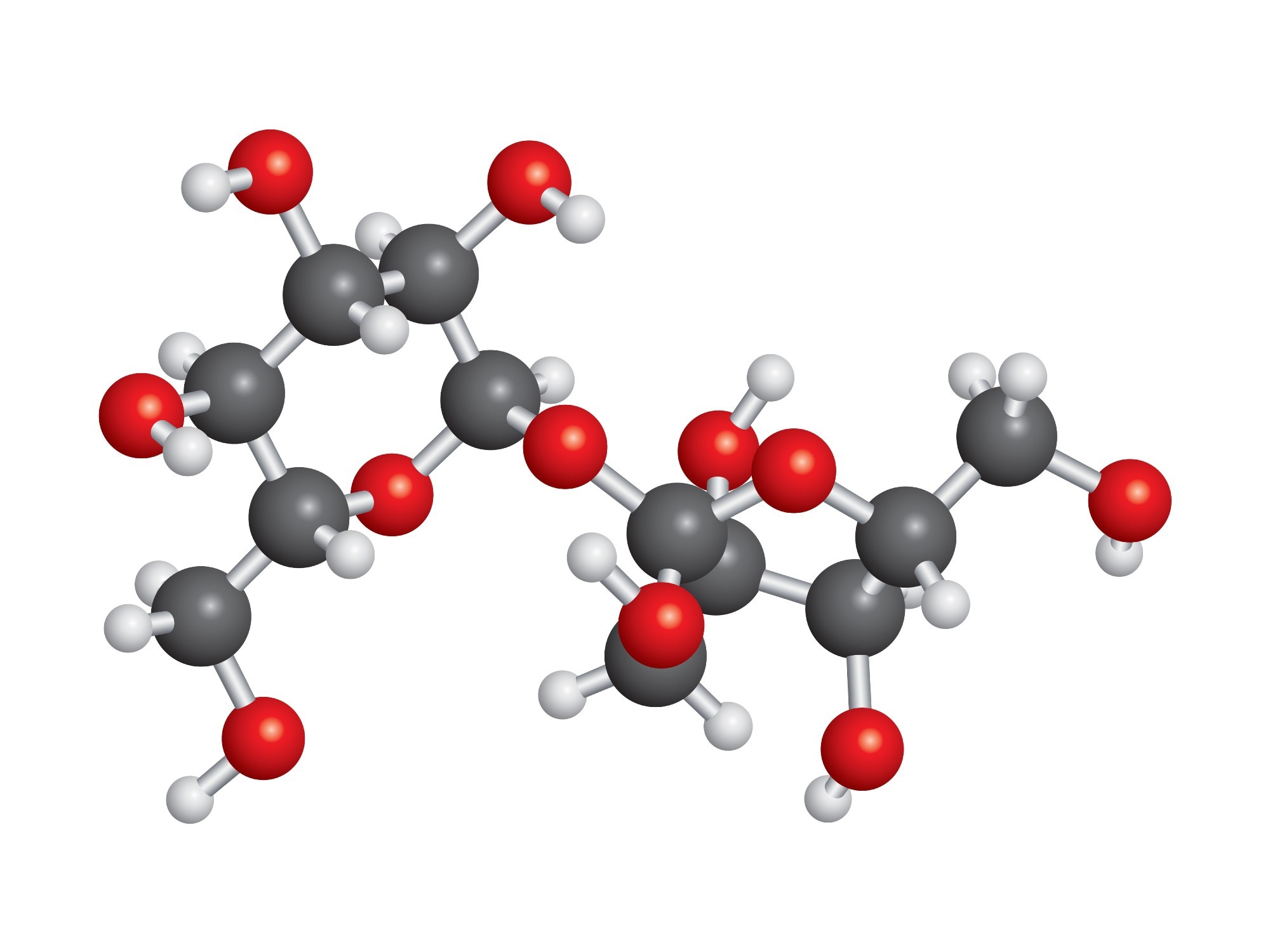Polymers in Healthcare: Improving Medical Devices and Treatments
Polymers in Healthcare: Improving Medical Devices and Treatments
Blog Article
Checking Out the Varied Applications and Advantages of Polymers in Different Industries
Polymers, with their varied variety of residential or commercial properties and capabilities, have come to be crucial in numerous markets, each enjoying unique gain from their application. Polymers. From boosting security and performance in the automotive sector to changing medical tools in the medical care sector, polymers play a critical role. Furthermore, their green nature is altering the landscape of sustainability practices. As we look into the midsts of polymers in electronics, we uncover cutting-edge innovations, while their architectural stability transforms the realm of building and framework. The pervasive impact of polymers across industries is a testimony to their flexibility and versatility, forming the future of countless markets.
Automotive Market Applications
Polymers play a crucial role in improving the performance and resilience of different components within the automotive field. These functional products are thoroughly utilized in the production of various components, varying from interior components to under-the-hood applications. One prominent use of polymers in the automobile industry is in the manufacturing of light-weight parts. By replacing standard metal get rid of polymer-based choices, cars can achieve improved gas effectiveness without jeopardizing on toughness or safety.

Medical Care Market Benefits
In numerous health care applications, the advantages of using polymers are commonly identified for their diverse series of advantageous residential or commercial properties. Polymers play a critical role in the medical care market as a result of their flexibility, biocompatibility, and cost-effectiveness. Among the key advantages of polymers in medical care is their capability to be customized to particular needs, such as adaptability, resilience, and biodegradability, making them perfect for a large range of clinical applications.
Polymer-based materials are extensively made use of in clinical tools, such as catheters, implants, prosthetics, and drug distribution systems, as a result of their biocompatibility and ability to resemble all-natural cells. These products can reduce the threat of sensitive responses or beings rejected, boosting patient safety and security and end results. Additionally, polymers are lightweight, making them ideal for wearable medical devices and making sure person comfort.
Furthermore, polymers enable the growth of innovative therapy techniques, such as hydrogels for tissue design and nanocomposites for targeted medication distribution. Their convenience of handling and sanitation makes them necessary for preserving high criteria of health in health care setups. Overall, the diverse benefits of polymers add dramatically to improvements in clinical modern technology and client treatment.
Ecological Advantages of Polymers

Moreover, polymers can contribute to power financial savings as a result of their light-weight nature. In markets such as transport, light-weight polymer materials can aid decrease fuel usage and greenhouse gas discharges. Additionally, polymers can make it possible for the development of energy-efficient products such as insulation materials that enhance energy preservation in structures.
Moreover, polymers play a vital role in lowering water air pollution. The use of polymer-based filtering systems can successfully get rid of contaminants and impurities from wastewater, guarding water resources and ecosystems. Generally, the ecological advantages of polymers make them important properties in advertising sustainability and environmentally friendly practices across different markets.
Polymers in Electronics and Modern Technology
Taking into consideration the official statement boosting need for innovative and lasting options in modern-day sectors, the integration of sophisticated polymer technologies in the world of electronic devices and innovation has become a critical technique for driving efficiency and efficiency. Polymers have actually transformed the electronic devices industry by enabling the manufacturing of lighter, much more flexible, and sturdy digital tools. From mobile phones to clinical devices, polymers play a vital function in enhancing product design and capability.
One significant benefit of polymers in electronics is their shielding residential properties, which help secure delicate digital parts from environmental factors and electric interference. In addition, polymers are vital in the advancement of versatile display screens, wearable innovation, and printed electronic devices, offering limitless possibilities for producing clever and interconnected tools.
Furthermore, the use of polymers in electronic packaging has caused developments in miniaturization and thermal monitoring, enhancing the overall performance and integrity of electronic systems. As modern technology proceeds to progress, the flexibility and versatility of polymers will definitely drive even more advancement in the electronic devices industry, shaping the future of modern technology.
Duty of Polymers in Building and Framework
Polymers use various benefits in the building and construction market due to their adaptability, resilience, and cost-effectiveness. One vital duty of polymers in building and construction is their use in finishes and sealants, providing security versus ecological elements such as moisture, UV radiation, and rust.
Furthermore, polymers play a critical function in lasting building methods by making it possible for the advancement of energy-efficient structures. Protecting products made from polymers assist regulate indoor temperatures, decreasing the demand for home heating and cooling systems and eventually decreasing energy intake - Polymers.
Conclusion
In final thought, polymers play a crucial duty in different sectors such as vehicle, medical care, environmental, Source electronics, and building. From enhancing gas effectiveness in automobiles to enhancing clinical devices, Clicking Here polymers use various benefits.
Report this page